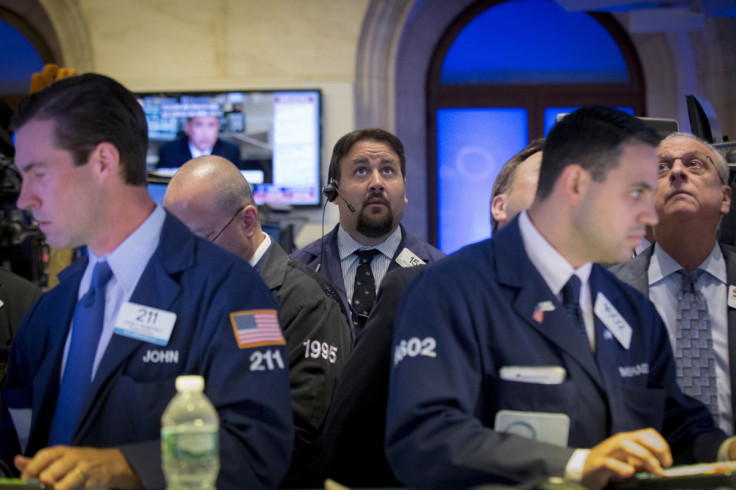US market close: Surge retreats over global economic growth jitters

A strong showing by US stocks the previous day faded on 7 April as oil prices and bank values sagged, the yen strengthened and investors worried about the growth of the global economy shunned risk for safe havens.
"We're just in a market where there's going to be heightened volatility," Tony DeSpirito, portfolio manager of the BlackRock Equity Dividend Fund, told the Wall Street Journal.
"The market appears to be pivoting on oil prices and a strengthening yen, both of which are consistent with global slowing," Jack Ablin, chief investment officer at BMO Private Bank, told Market Watch.
Quincy Krosby, market strategist at Prudential Financial, noted that the market is also signalling investors' realisation that "central banks' tools are losing their potency, and that is underpinning existing concerns over global growth."
The Dow Jones index sank 174.09 points, or 1%, to settle at 17,541.96, its worst slump since 23 February. The falloff was led by a 3.8% drop in the Goldman Sachs Group and Citigroup. Despite the losses, the Dow is still up 0.7% year to date.
Meanwhile, the S&P 500 fell 24.75 points, or 1.2%, to close at 2,041.91 with all 10 sectors finishing lower. The large-cap index is now down 0.1% for the year.
The Nasdaq Composite declined 72.35 points, or 1.5%, to end at 4,848.37. The tech-heavy index is down 3.2% this year.
The dollar slipped 1.4% against the yen, its lowest level against the Japanese currency in 18 months. The greenback has lost more than 10% of its value against the Japanese currency since the start of the year.
Concerns about global growth have sent investors fleeing to haven assets such as the yen and gold. At the same time, expectations of a slowdown in US interest-rate hikes have decreased demand for the greenback.
But the dramatic currency move is raising concerns that the Bank of Japan will launch more stimulus aimed at keeping the yen weak. Japan already unnerved investors earlier this year by introducing negative rates.
"If the yen strengthens, the Japanese may feel compelled to make further moves into negative interest rates, pulling down global rates. That's not great for banks," David Kelly, chief global strategist at JPMorgan Funds, told CNNMoney.
The soaring yen on 7 April was "a head-scratcher for equity investors" because it indicated that global investors are hedging against risk, according to Kim Forrest, senior portfolio manager at Fort Pitt Capital. This gives out "a perception of fear in the market," which in turn sparked selling in the stock market, she added.
In another nod to the appeal of haven investments, gold prices rose 1.1% to settle at $1,237.50 (£880, €1,088) an ounce.
The yield on the 10-year Treasury note fell to 1.689%, its lowest level since 11 February.
The Stoxx Europe 600 lost 0.8%, weighed down by a fall in banking shares, which shed 2.2%.
© Copyright IBTimes 2025. All rights reserved.



















